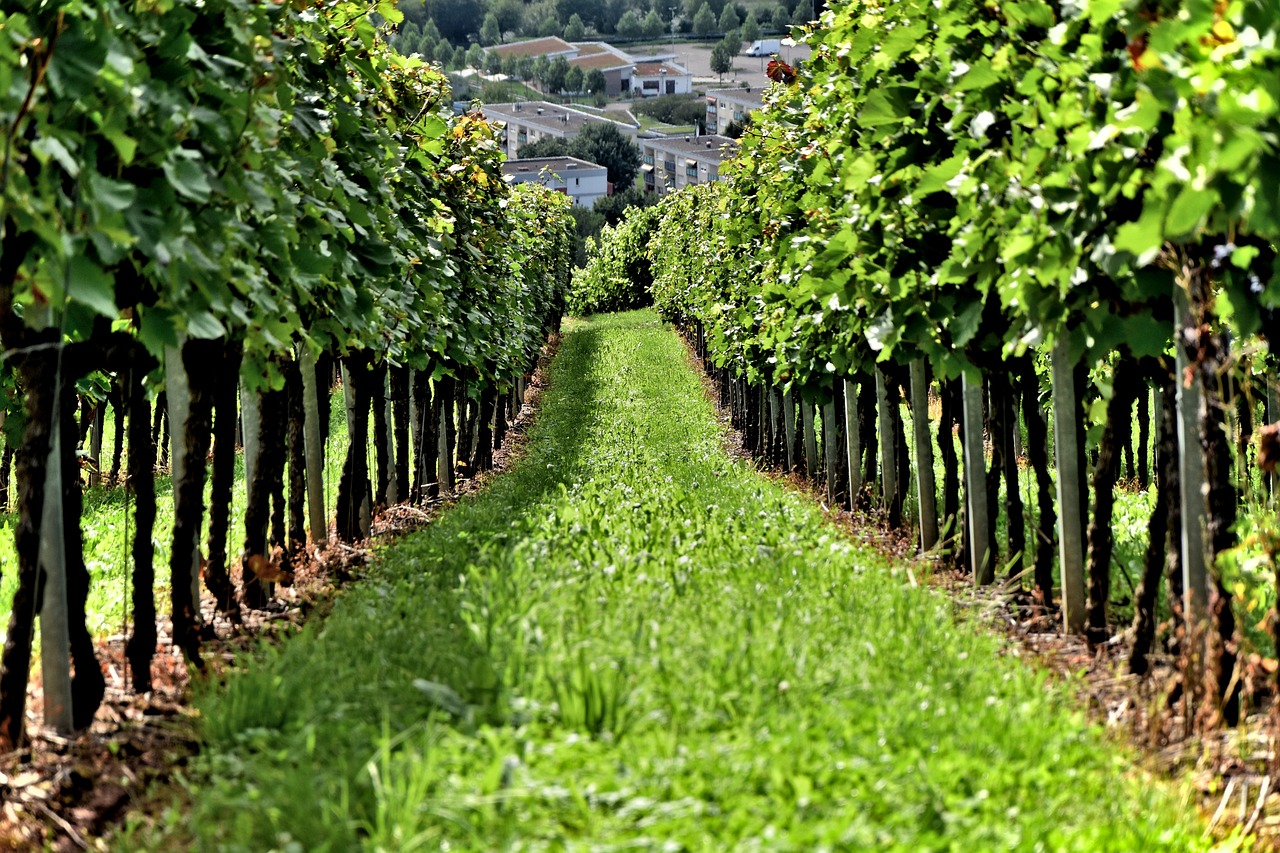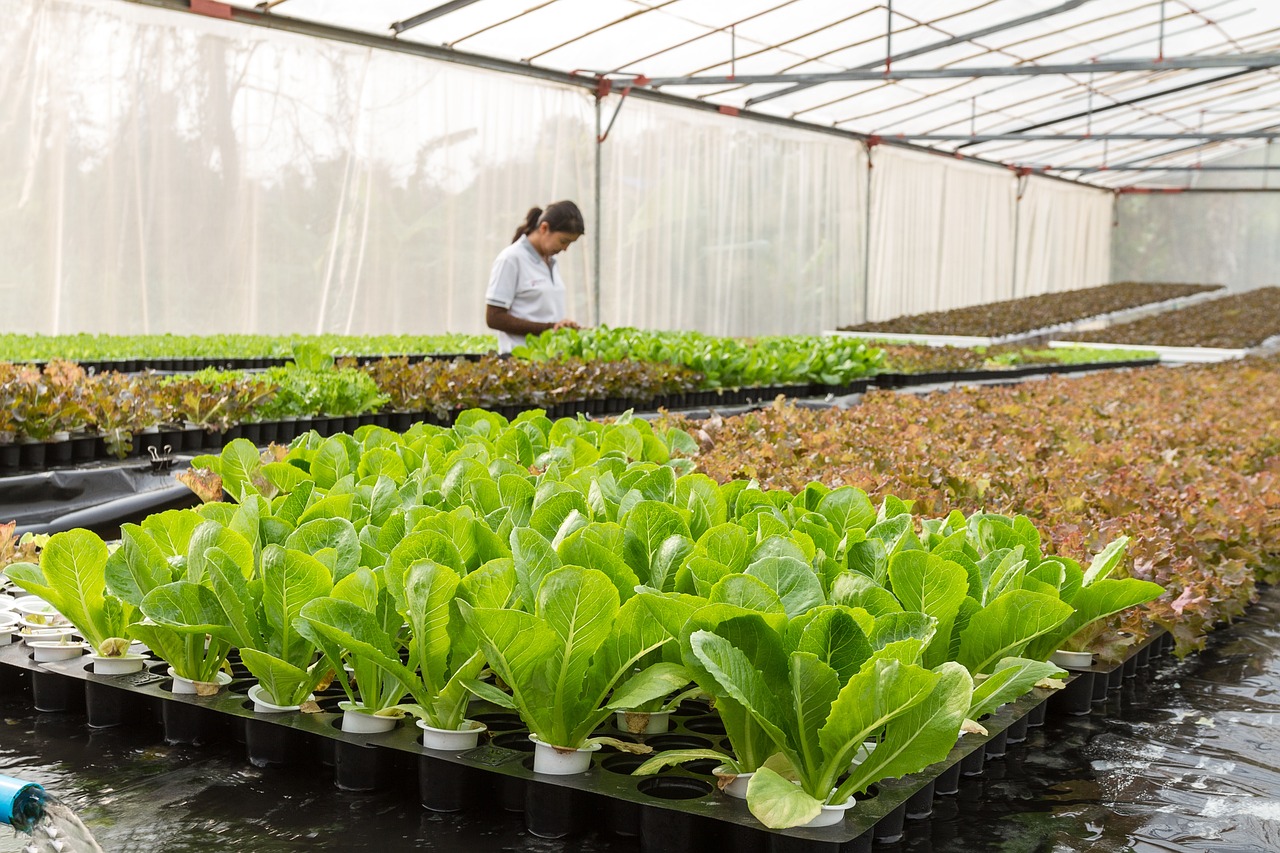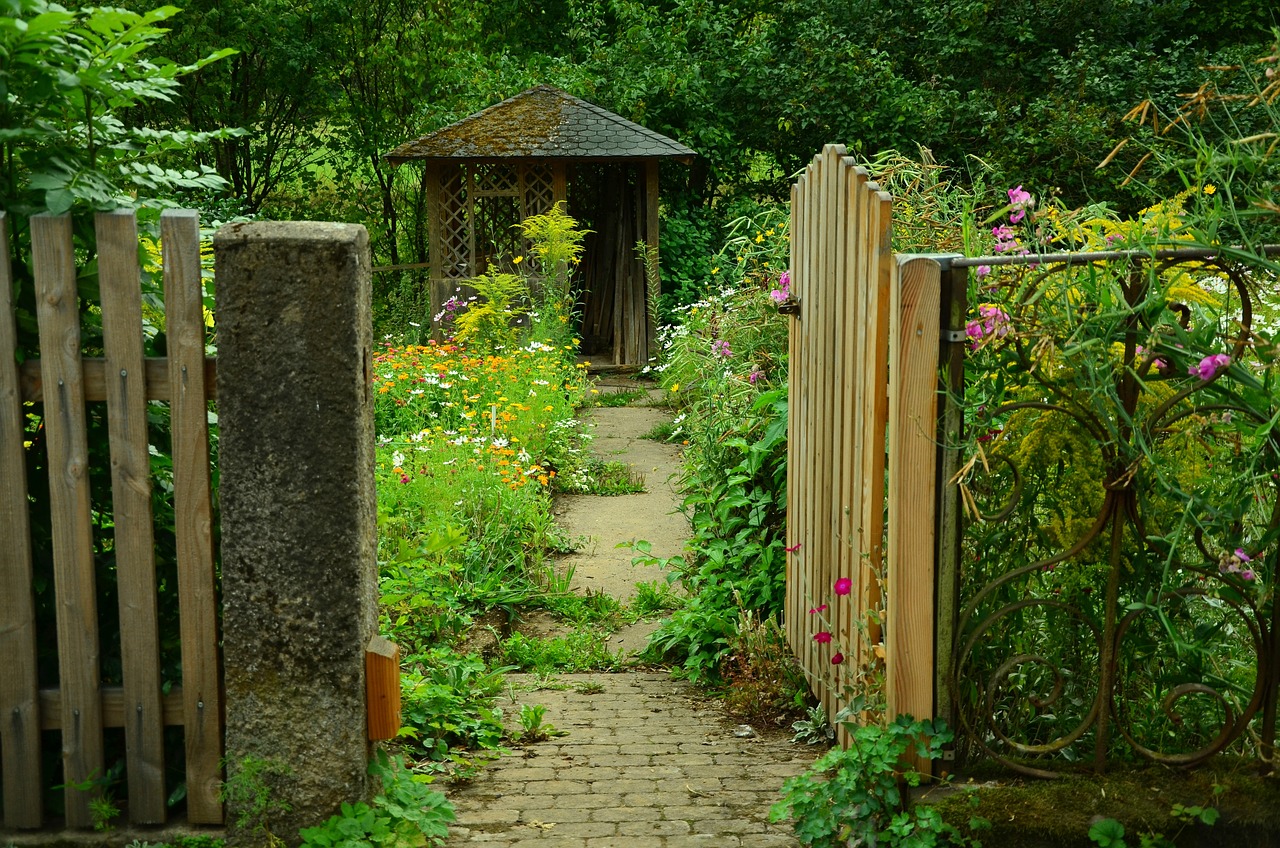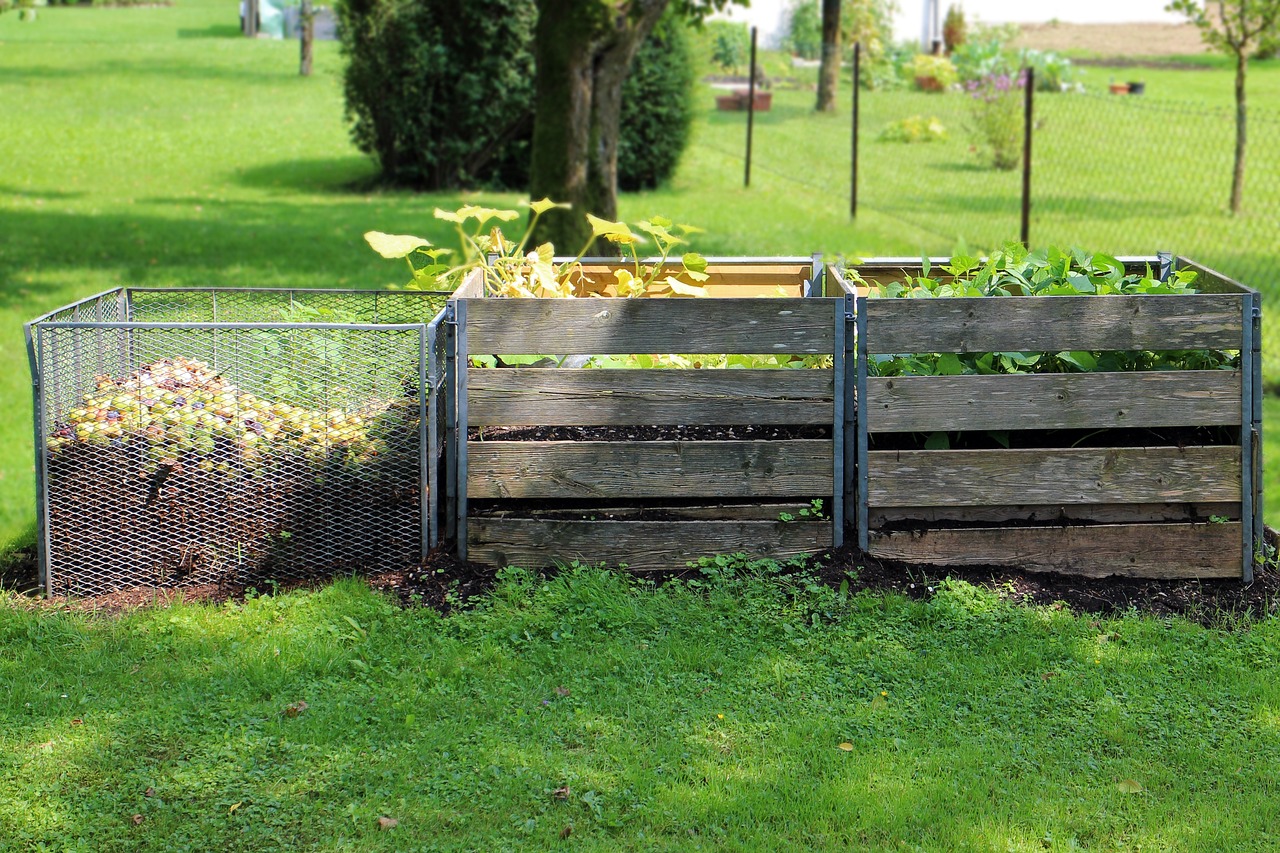Are you tired of constantly watering your garden and struggling to keep your plants healthy? The solution may be simpler than you think – mulching.
Mulching is the process of covering the soil around your plants with a protective layer of material, such as leaves, grass clippings, or wood chips. This layer not only adds aesthetic appeal to your garden, but also provides numerous benefits to your plants and soil.
By mulching, you can help retain soil moisture, improve soil structure and nutrient content, reduce evaporation and soil temperature, and even add nutrients to the soil with organic materials.
Mulching is an easy and effective way to maintain a healthy garden, with minimal effort on your part.
In this article, we’ll explore the various benefits of mulching and provide tips for successful mulching in your own garden.
So, grab a bag of mulch and get ready to take your gardening game to the next level.
Benefits of Mulching for Soil Moisture Retention
You’ll love how mulching helps keep your soil moist and healthy! One of the biggest benefits of mulching is that it helps retain soil moisture. This is especially important during hot summer months when the sun can quickly dry out your soil.
By using mulching techniques, you can reduce water evaporation from the soil surface and keep your plants hydrated. There are many different types of mulching materials to choose from, including shredded leaves, grass clippings, and wood chips. Each material has its own unique benefits, but they all work to retain moisture in the soil.
The key is to choose a mulching material that is appropriate for your garden and the plants you are growing. With the right mulching techniques and materials, you can keep your soil moist and healthy all year long.
Improving Soil Structure and Nutrient Content with Mulching
Improving your soil’s structure and nutrient content is a breeze with the help of mulch! Applying a layer of organic mulch such as wood chips, straw, or leaves can help break up compacted soil, allowing for better soil aeration.
This is because the mulch layer creates air pockets which help to promote the growth of beneficial soil organisms such as earthworms. These organisms help to break down organic matter in the soil, making nutrients more available to your plants.
Mulching also helps to suppress weeds by blocking sunlight from reaching weed seeds, preventing them from germinating. This means less time spent weeding and more time enjoying your garden.
Additionally, the organic matter in the mulch breaks down over time, adding valuable nutrients to your soil. As the mulch decomposes, it releases nitrogen, phosphorus, and other essential minerals into the soil, which can help to improve your plants’ growth and overall health.
By improving your soil’s structure and nutrient content, you can create a healthier and more productive garden.
Reducing Evaporation and Soil Temperature with Mulching
When it gets hot outside, it can be tough to keep your plants alive – but with mulch, you can help reduce evaporation and lower the soil temperature, giving your plants a fighting chance.
Mulching techniques vary, but they all aim to cover the soil with a layer of organic or inorganic material. Organic mulches like wood chips, leaves, and grass clippings break down over time, adding nutrients to the soil and improving soil structure. Inorganic mulches like stones, gravel, and plastic sheeting don’t break down, but they still provide a barrier between the soil and the sun, reducing evaporation and keeping the soil cool.
If you’re looking for mulching alternatives, consider shade cloth or a layer of straw. Shade cloth provides a physical barrier between the sun and your plants, reducing evaporation and keeping the soil temperature cool. Straw is an organic mulch that adds nutrients to the soil as it breaks down, and it also helps retain moisture.
Whatever mulching technique or alternative you choose, remember to apply a thick layer of mulch to get the full benefits of reduced evaporation and cooler soil temperatures. Your plants will thank you for it!
Adding Nutrients to Soil with Organic Mulching Materials
Organic mulching materials like leaves and wood chips can do wonders for your plants, enriching the soil with nutrients and boosting their growth potential. Using mulching as a weed control method has been proven effective, as it creates a barrier that prevents weed seeds from germinating and growing. This reduces the need for chemical herbicides, which can harm the environment and even your plants.
There are several types of organic mulching materials that you can use in your garden, each with their own benefits for soil health. For example, leaves are rich in nitrogen, phosphorus, and other essential nutrients, which are slowly released into the soil as they decompose.
Wood chips, on the other hand, can improve soil structure and increase water retention, preventing soil erosion and allowing roots to grow deeper. By incorporating organic mulching materials into your gardening routine, you can create a healthier and more sustainable garden that produces vibrant, thriving plants.
Tips for Successful Mulching in Your Garden
To make your plants thrive, you’ll want to follow these tips for successful mulching in your garden.
First, consider the types of mulching materials you’ll be using. Organic materials like grass clippings, leaves, and wood chips can add valuable nutrients to your soil, while inorganic materials like gravel or stones can help with water retention. Choose the type of mulch that suits your soil’s needs and the plants you’re growing.

Next, it’s important to employ proper mulching techniques. Apply a layer of mulch that’s at least 2-3 inches thick to help retain moisture and suppress weeds. Be sure to avoid piling the mulch too high around the stems of your plants, as this can cause rot or attract pests.
Remember to refresh your mulch every year to ensure it’s still providing the benefits your garden needs.
By following these tips, you’ll be well on your way to maintaining a healthy and thriving garden.
Frequently Asked Questions
Can mulching lead to overwatering in my garden?
Yes, improper mulching techniques can lead to overwatering in your garden. Make sure to layer mulch no more than 3 inches deep and allow proper drainage. Follow proper watering techniques to avoid this issue.
How often should I reapply mulch in my garden?
To maintain mulch effectiveness, you should reapply it every year or two. However, there are mulch alternatives such as compost, grass clippings, or leaves. Consider the needs of your plants before deciding on a mulch.
Are there any types of plants that should not be mulched?
Avoid mulching directly around the stems of young plants and those prone to rotting like succulents. Mulching for vegetable gardens and flower beds is generally beneficial, promoting moisture retention, weed control, and soil health.
Can mulching attract pests to my garden?
Yes, mulching can attract pests to your garden, but there are natural repellents like lavender, marigold, and garlic that can help with pest control. Keep your mulch layer thin and don’t overwater to prevent pest infestations.
Is it necessary to remove old mulch before applying new mulch?
To ensure the benefits of mulching, it’s best to remove old mulch before applying new. This allows for proper aeration and prevents the build-up of harmful bacteria. Use the best mulching techniques for a healthier garden.
Conclusion
Congratulations! You now know the benefits of mulching and how to do it right. By using mulch in your garden, you can retain soil moisture, improve soil structure and nutrient content, reduce evaporation and soil temperature, and add nutrients to the soil.
With these benefits, you’ll have a healthier and more productive garden. Remember, the key to successful mulching is choosing the right materials, applying them correctly, and maintaining them throughout the growing season.
By following the tips outlined in this article, you’ll be on your way to a thriving garden that will make your neighbors envious. Happy gardening!










